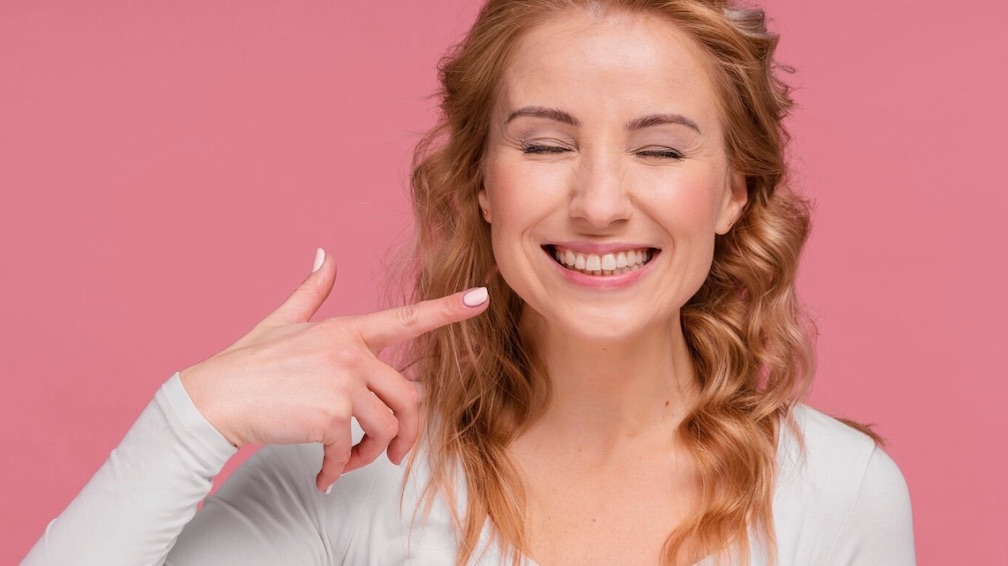The Lifelong Commitment: Understanding And Caring For Teeth Retainers
- Written by Business Daily Media

Keeping our teeth in good condition is crucial for our general health since it affects our ability to chew, speak, and look properly. Maintaining good oral hygiene ensures comfort in day-to-day living by preventing problems like bad breath, gum disease, and expensive dental operations.
Custom-fitted orthodontic devices called retainers are mainly used to stop teeth from moving back into incorrect positions following the removal of braces or other orthodontic procedures. Whether permanent or removable, teeth retainers Sydney are essential to maintaining the alignment and structure of the smile, particularly since ageing can cause natural changes in the mouth.
Understanding Teeth Retainers:
After braces or orthodontic surgery, the objective of teeth retainers is to keep teeth in their proper alignment. Whether permanent or removable, they stabilize the new alignment produced by orthodontic treatment by preventing teeth from moving back to their previous locations. To maintain the benefits of orthodontic therapy and guarantee a long-lasting, self-assured smile, regular retainer use is important.
The Benefits of Wearing Retainers:
Retainer wear has many benefits, such as helping to preserve straight teeth, preventing teeth from moving, promoting dental cleanliness, and offering therapeutic effects. People can reap the long-term advantages of a beautiful, healthy smile and better dental health by using retainers as suggested by orthodontic specialists.
Different Types of Retainers:
There are two primary categories of retainers: fixed and detachable. After braces, many use removable retainers like Hawley and Essix daily to preserve tooth placement since they are simple to clean. For long-term tooth alignment retention, fixed retainers typically wires glued to the back of teeth are the best option since they provide consistent support and need little upkeep.
Making the Right Choice: Choosing the Suitable Retainer:
Considerations including cost-effectiveness, comfort, durability, and ease of cleaning should be made before choosing a retainer. Selecting a retainer that fits flawlessly is crucial for preserving tooth alignment after orthodontic therapy. Getting advice from an orthodontist guarantees that the best retainer is chosen for each person's needs.
Care and Maintenance of Retainers:
Retainers should be cleaned and soaked in a denture cleaning solution regularly, brushed gently with a soft toothbrush and non-abrasive toothpaste, and stored safely in a case when not in use. People can extend the useful life and longevity of their retainers and maintain orthodontic success by adhering to these care instructions.
Conclusion:
Preserving orthodontic progress and establishing long-term dental health depends on selecting the appropriate retainer and practising good oral hygiene. People can enjoy a lifetime of healthy smiles and general well-being by making regular dental check-ups, diligent brushing and flossing, and wearing retainers as suggested a priority.
FAQs:
What does a retainer do to your teeth?
A retainer helps maintain the straight position of teeth after braces or orthodontic treatment by preventing them from shifting back to their original misaligned positions. It preserves the results achieved through orthodontic therapy and ensures a lasting, confident smile.
How long do you wear teeth retainers?
Retainers are typically worn initially all day, then gradually reduced to night-only wear. Ultimately, retainers should be worn indefinitely during sleep to maintain teeth alignment as recommended by orthodontic professionals for lifelong results.
How much is a teeth retainer?
The cost of a teeth retainer varies depending on the type and individual orthodontist's pricing. On average, a retainer may range between $150 and $600 per piece. However, insurance coverage may be available for some or all of these expenses in certain situations.
How long do retainers last behind teeth?
Retainers behind teeth, also known as permanent or fixed retainers, may last for more than 20 years with proper oral hygiene and regular dental check-ups. However, durability depends on factors such as diet and care for the retainer.









